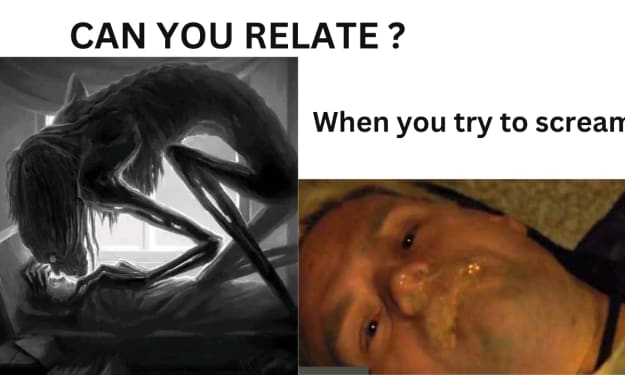Myths Regarding the Brain and Perception
Most people only use 10% of their brain power

No, the claim that humans only use 10% of their brains is a common myth and is not supported by scientific evidence. In reality, the brain is a highly complex organ, and most, if not all, of it is active and serves a purpose.
Modern neuroscience research has shown that different areas of the brain have specific functions, and they work together to perform various tasks. Brain imaging techniques, such as functional magnetic resonance imaging (fMRI), have revealed that even during rest or seemingly simple activities, the majority of the brain is engaged in some form of activity.
The origin of the 10% myth is unclear, but it has been perpetuated through various sources, including popular culture. It is important to note that the brain is a highly energy-demanding organ, and any unused or non-functional areas would be a waste of resources from an evolutionary perspective.
It is not unclear how and when this Myth actually started and it is difficult to pinpoint a specific individual or source responsible for starting it. The idea has been perpetuated through various means, including self-help books, motivational speakers, and popular culture.
One possible contributing factor to the myth is a misinterpretation or distortion of early neuroscience research. In the late 19th and early 20th centuries, scientists were exploring the functions of different brain regions and studying cases of brain damage. This research might have led to the idea that certain areas of the brain have specific functions, which could have been misconstrued to imply that the remaining parts are unused.
Additionally, the myth could have gained traction due to its intriguing nature and the desire for humans to believe that they possess untapped potential. It is a compelling notion that suggests there is room for vast improvement or the unlocking of extraordinary abilities.
Despite the myth being debunked by scientific research, it continues to persist in popular culture and casual conversation. It is essential to rely on scientific evidence and understanding when considering the capabilities of the human brain rather than perpetuating this misleading notion.
Human beings utilize a significant portion of their brains for various cognitive functions. The brain is a complex organ composed of billions of neurons and intricate neural networks that work together to support a wide range of activities. While it is challenging to precisely measure the percentage of the brain's capacity that we use, research indicates that humans engage a substantial portion of their brain throughout their daily lives.
Different regions of the brain are responsible for specific functions such as sensory perception, motor control, language processing, memory formation, emotional regulation, and higher-order thinking. These functions require the coordinated activity of multiple brain regions working in harmony.
Advanced brain imaging techniques, such as fMRI (functional magnetic resonance imaging), have provided valuable insights into brain activity patterns during various tasks and mental states. These studies consistently demonstrate that different regions of the brain are active during specific activities, suggesting that a considerable portion of the brain is engaged.
It's important to note that the brain operates with remarkable efficiency, and different regions may exhibit varying levels of activity depending on the task at hand. In certain cases, some brain regions may be more active than others, but this does not imply that the remaining areas are unused or non-functional.
In summary, while it is difficult to quantify the exact percentage of the brain's capacity that humans utilize, scientific research indicates that humans use a significant portion of their brains to support various cognitive functions to run the body system.





Comments
There are no comments for this story
Be the first to respond and start the conversation.